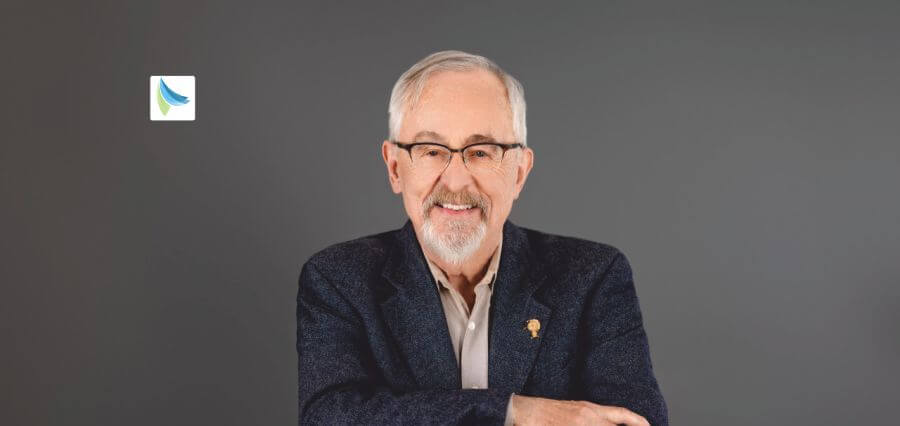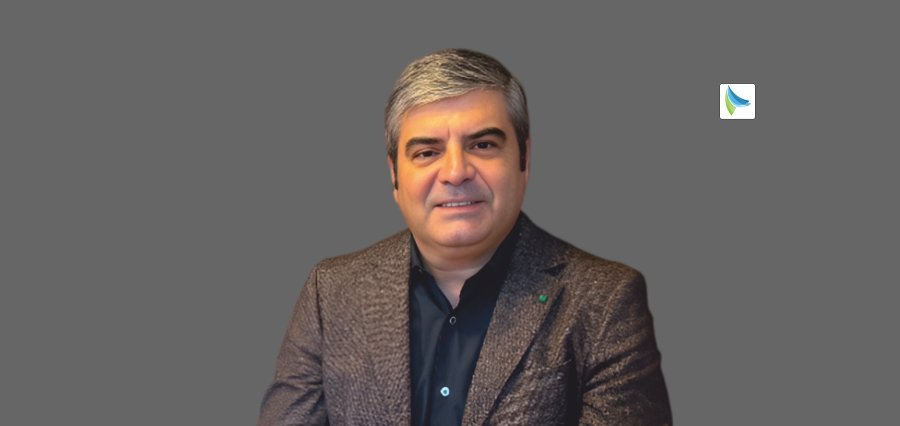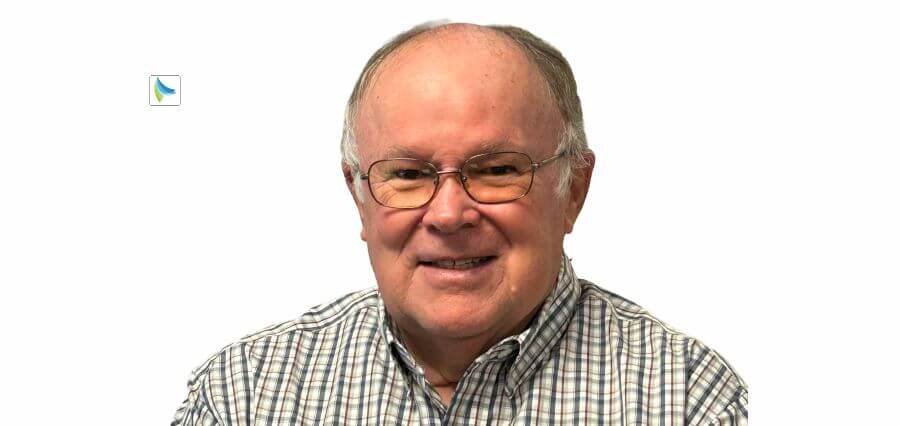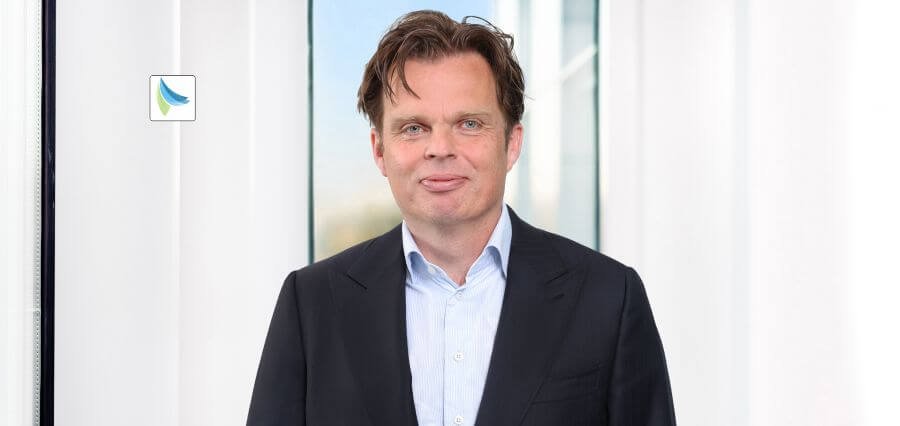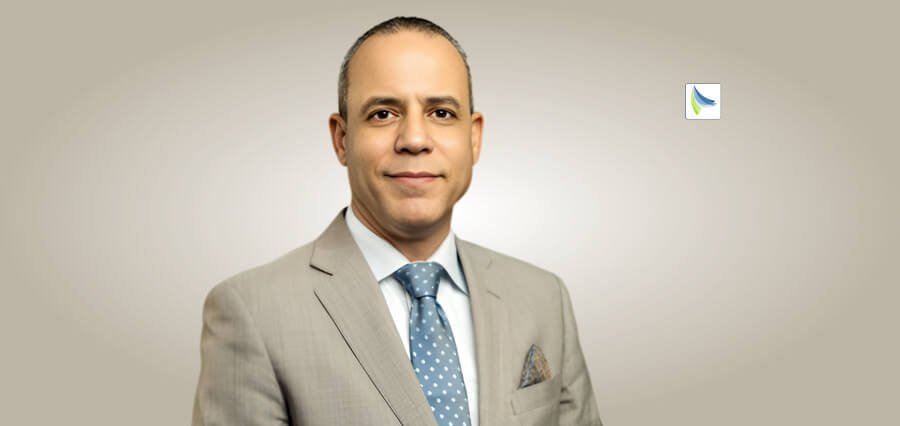Few academics can claim a career as multifaceted and enduring as that of Dr. Richard C. Larson. Spanning nearly five decades, Dr. Larson’s journey through academia illustrates the transformative impact one individual can have when engineering principles, public policy, and educational innovation intersect. From his earliest appointments in electrical engineering to his leadership roles in systems science and global education, Larson’s work has reshaped not only how we think about cities and technology but also how we prepare the next generation to solve the world’s most pressing problems.
Born with an innate curiosity and a drive to improve systems, Dr. Larson’s academic voyage has traversed a unique combination of technical expertise and social consciousness. His early roles blended the rigor of electrical engineering with the practical complexities of urban planning, later evolving to encompass operations research, service science, and data systems. Alongside his deep technical scholarship, Dr. Richard C. Larson has been a tireless advocate for reforming education, embracing blended learning, and expanding global access through initiatives like MIT LINC.
This profile traces the milestones of Richard Larson’s professional journey — as told by him — highlighting not just his numerous academic appointments and groundbreaking research, but also the enduring vision that connects them all: a commitment to systems thinking for societal betterment.
Early Appointments in Engineering and Urban Systems
Richard C. Larson began his academic tenure as an Assistant Professor of Electrical Engineering from July 1969 to June 1971. The role was the foundation of a career that would soon span disciplines and departments. From July 1971 to June 1972, he took on a joint appointment in Urban Studies & Planning and Electrical Engineering, setting the tone for his long-standing interdisciplinary approach.
By July 1972, Dr. Richard C. Larson became an Associate Professor in Urban Studies & Planning, Electrical Engineering, and Computer Science. This combination represented a shift toward using quantitative methods to address urban and societal challenges. He was promoted to full Professor in July 1979, a role he held through 1988, in both Electrical Engineering and Urban Studies & Planning.
As Dr. Richard C. Larson reflected, each transition represented not just a change in title but a deepening of his focus on applying rigorous engineering principles to real-world problems.
Expansion into Systems and Interdisciplinary Leadership
From 1988 to 2003, he served solely as a Professor of Electrical Engineering. Then, in a major pivot, he transitioned to the Department of Civil and Environmental Engineering and the Engineering Systems Division from 2003 to 2009. In 2004, Dr. Richard C. Larson was honored with the prestigious Mitsui Professorship, recognizing his exceptional contributions to interdisciplinary research.
His leadership roles at MIT expanded as he became a Professor in the Engineering Systems Division (2009–2015), and later in the Institute for Data, Systems, and Society (IDSS) from 2015 to January 2018. Since then, Dr. Richard C. Larson has served as a Post-Tenure Professor at IDSS, continuing his scholarly pursuits while mentoring a new generation of systems thinkers.
Reflecting on these roles, Dr. Richard C. Larson noted that the interdisciplinary nature of these appointments allowed him to think beyond silos and tackle problems holistically — from urban congestion to global pandemics.
Visiting Professorships and International Collaboration
In addition to his MIT commitments, Dr. Richard C. Larson held notable visiting appointments. In 1976, he served as Visiting Associate Professor of Operations Research at the University of California, Berkeley. In 1981, he spent half a year at the Technical University of Denmark, enriching his global perspective on operations research and public systems.
These international experiences, according to Dr. Richard C. Larson, helped shape his later work in global education and information systems, particularly as he observed common challenges in urbanization, public health, and education across diverse geographies.
Leadership in Educational Innovation
Dr. Richard C. Larson’s influence extends well beyond traditional academic confines. From 1995 to 2003, he served as Director of the Center for Advanced Educational Services at MIT, where he focused on integrating technology into education. In 2001, he founded MIT LINC (Learning International Networks Consortium), which he led until 2015. This global initiative fostered collaboration among educators across continents to share best practices in online and blended learning.
He also served as Co-director of the Operations Research Center (1977–1986, 1991–1995) and later founded the Center for Engineering Systems Fundamentals (2005–2016). These roles underscore his dedication to both operational excellence and systemic change.
Larson frequently emphasized that education should not only disseminate knowledge but also empower students to become problem-solvers and innovators in their own right.
Research Contributions: Urban Systems, Public Health, and Education
Larson’s research has appeared in numerous high-impact journals over the decades, covering a spectrum of topics. Recent contributions include the strategic placement of sensors in sewer networks to detect COVID-19, demonstrating his continued relevance in real-world crises. His collaborative work in public health, such as analyzing preventive behaviors and vaccination perceptions, bridges engineering and epidemiology.
One of his hallmark themes is identifying systemic inefficiencies in academia itself. His papers on postdoctoral queues, the STEM surplus vs. crisis debate, and academic job market mismatches highlight his commitment to reforming institutional structures.
Dr. Richard C. Larson’s work also explores innovative models in blended learning, including the MIT BLOSSOMS project and ePortfolios for college admission. His diverse research topics, from congestion pricing to vaccine allocation, reflect a mind constantly seeking data-driven solutions to pressing societal issues.
Service Science and Societal Resilience
In the early 2000s, Dr. Richard C. Larson was one of the pioneers advocating for the field of service science, integrating engineering, social science, and management to improve service systems. His commentary in Service Science journals championed cross-disciplinary collaboration to address complex challenges like healthcare delivery and infrastructure design.
Larson’s work on pandemic preparedness, including behavioral modeling and vaccine logistics, has been widely cited and used in policy discussions. These contributions have earned him accolades and speaking engagements at global platforms such as the American Association for the Advancement of Science (AAAS).
His perspective remains that service systems — from healthcare to education to urban planning — must be re-engineered continually in response to changing technologies and user needs.
A Legacy of Systems Thinking and Human Impact
Whether modeling traffic congestion, developing education platforms, or analyzing academic labor markets, Dr. Richard C. Larson has maintained a singular focus: improving systems for the benefit of society. His ability to cross disciplinary boundaries and anticipate future challenges marks him as a pioneer in systems thinking.
He believes that impactful research doesn’t merely sit in journals; it guides policy, transforms institutions, and improves lives. His students and collaborators continue to echo this ethos in their own work, a testament to his enduring influence.
As Larson often remarks, the goal of research is not only to understand the world but to make it better — one model, one paper, one student at a time.
Ongoing Contributions and Future Horizons
Even post-tenure, Richard C. Larson remains deeply engaged in both scholarly and practical work. His recent publications on pandemic response, systemic education reform, and infrastructure innovation show a relentless pursuit of relevance and impact.
As a global educator, systems thinker, and engineering visionary, Dr. Richard C. Larson exemplifies what academia can aspire to: not only knowledge generation but knowledge application for the common good. His legacy is one of curiosity, rigor, and compassion — an enduring guidepost for future generations of scholars and problem-solver.






